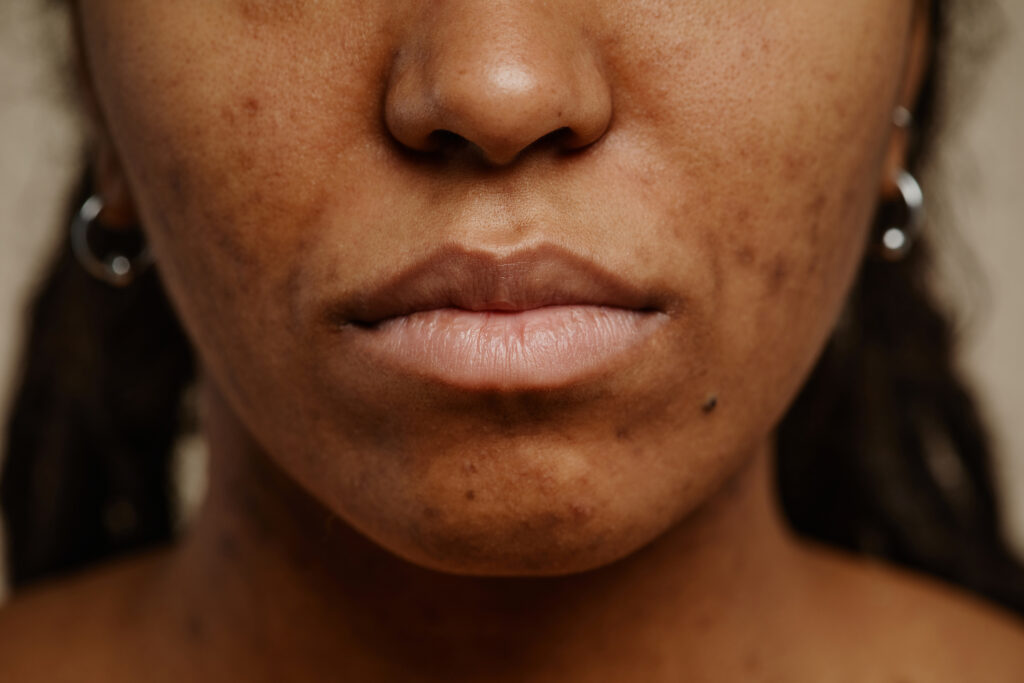Snapshot
COUCH Health were commissioned by a top 20 pharmaceutical company headquartered in the US. The company commissioned COUCH Health to improve diverse representation in their Phase 3 systemic lupus erythematosus (SLE) clinical research study. The reason was two-fold: A need to accelerate enrolment, and to improve enrolment from underserved populations. Although the study was global, COUCH Health were commissioned to support with 23 US sites based in underserved areas.
Problem
People who are African American, Hispanic, and those of Indian descent have a higher incidence of developing SLE, and these underserved populations have historically not been represented in SLE research. The reasons for this are complex and varying. The study was not enrolling at rates expected and had already been delayed in meeting enrolment goals by approximately 9 months.
The challenges the sponsor was facing
There was no centralised patient recruitment strategy, the strategy was to act on site requests if received.
Strategy
Community group outreach
Due to the population to be engaged and the lack of trust in clinical research and healthcare on the whole, it was recommended to target community groups around a 20 mile radius of 23 key sites in the US.
These groups consisted of:
-
- Religious institutions
- Health equity/public health organisations
- Community centres, supermarkets, universities, and gyms
Once community groups were engaged, IRB approved materials promoting the study were shared with the groups to include in newsletters, events, notice boards, and sermons.
Local healthcare professional referrals
Due to the population being engaged, COUCH Health worked with Federally Qualified Healthcare Centers (FQHCs) across the US to refer patients to the study. As people under FQHCs are on Medicare/Medicaid, referrals can be a quick-win.
Pre-screening prior to site-referrals
Using our nurse-led call centre, we were able to qualify patients before site referrals.








